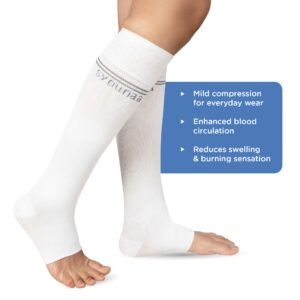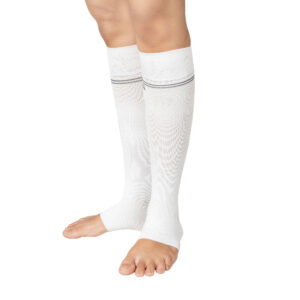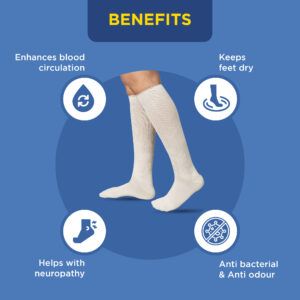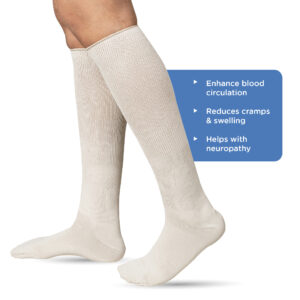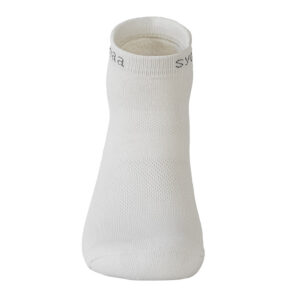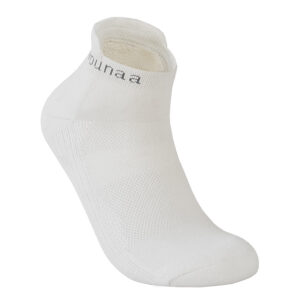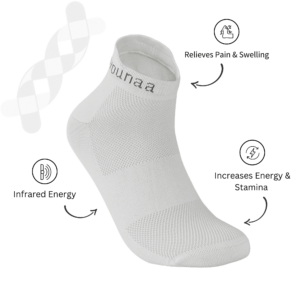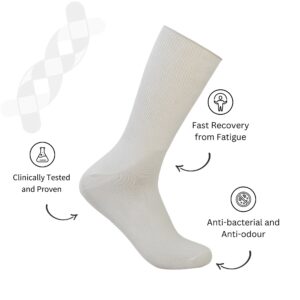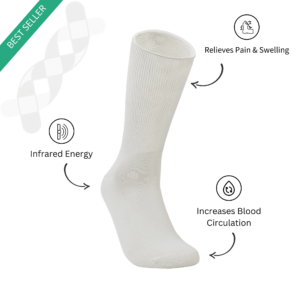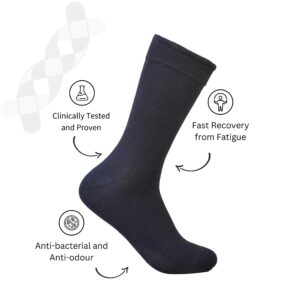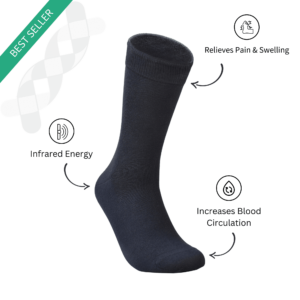Your feet carry the weight of your entire body and they are the last to receive nutrition. Isn’t that a little unfair? It is! Not only do they need some TLC but they must be acknowledged for all their hard work. After all, you are independent because of heathy function feet and we all want to have working feet for as long as we can!
So, what should you eat for your feet? Food for feet are those that prevent foot problems. Let us have a brief overview of possible food problems so that we can find food that combats these problems.
What Causes Foot Problem
Our feet support our entire body. So, the weight of our entire body can pose problems for your feet. This is why we often notice knee and ankle problems among older and obese individuals. As we grow older our feet do too and therefore are unable to support us as they used to before.
High blood pressure affects our feet too. It leads to poor blood circulation or Peripheral Vascular Disease (PVD). With plaque depositing on the arterial walls, the body starts to focus on the most vital parts of the body. Your feet are restricted from blood flow. With reduced blood circulation around your feet, you become susceptible to foot infections, injuries and long healing periods. This condition is 20 times more common among diabetics than anyone else. PVD is similar to peripheral neuropathy which commonly affects the feet as well.
Lastly, the bones on your feet must be strong. They carry the weight of your body and that’s not possible if you have weak bones. Though conditions like osteoporosis are more harmful to the back and spine, it may lead to frequent stress fractures on your feet.
These are a series of foot problems a diabetic can have and though workout and medication are important, you must have a good diet to make your body strong enough to absorb the medicine.
Food that Solves Foot Problems
If we want to solve foot problems, we must consume food that reduces blood pressure, promotes blood circulation, does not cause obesity and is rich in calcium. The good news is most edibles that cause obesity also cause blood pressure problems, cholesterol, etc. So, don’t have to stay away from many food items to live a healthy life. Just a few and you are good to go.
Food for Peripheral Neuropathy:
Peripheral neuropathy is very common among diabetics. Many diabetics don’t know they have it in the first place! Whether you have it or not, you should consider consuming food that is high in vitamin B. It is good for your nerves. Vitamin B reduce your chances of getting neuropathy in the first place. It will also prevent it from getting worse if you already have neuropathy. Most green leafy vegetables, legumes and dairy have vitamin B but vitamin B12 is ideally found in non-vegetarian products like chicken, fish, and eggs. If you are vegetarian, you must consult your doctor and have a healthy intake of vitamin B12 supplements to nourish your nerves.
Food for High Blood Pressure:
Many food items keep blood pressure under control. Green leafy vegetables work wonders for those with high blood pressure. Berries, bananas, beetroot, and seeds like chia seeds, sunflower seeds, pumpkin seeds keep blood pressure under control. They are also good for cholesterol and reduces the pressure on your arteries around your feet. When your blood pressure is under control, it reduces the plaque on your arteries and there is smoother blood circulation. Your feet receive a healthy supply of oxygenated blood and this promoted natural healing oh foot sores, cuts, bruises, etc. Fibrous meals make you feel heavy without adding a lot of calories or sugar to your meal. This keeps you light and agile. You can visibly notice the difference too. The swelling around your feet will visibly reduce when you start to eat lighter meals that are good for cholesterol management.
Food for Healthy Bones:
Lastly, your bones are most likely to face injury. They form a framework and create a sturdy base for you to balance on. Your bones need to be strong to fight off stress fractures and provide your body with a strong support system. To maintain bone health, you must eat meals that have a healthy supply of vitamin D and calcium. Dairy products, especially whey protein is high on calcium. Green leafy vegetables, almonds, lentils, etc also have a good supply of calcium. Vitamin D, on the other hand, is a little rare in food items. It is found mainly in fish like tuna, salmon, mackerel, etc and cheese and egg yolks. However, to increase the vitamin D count, you should expose yourself to the morning sun for at least fifteen minutes every day. Expose your feet to sun rays for ten to fifteen minutes and you will notice many health benefits. Bear in mind that you should not expose your feet for longer than ten to fifteen minutes as it may lead to sunburns and other possible complications.
Lastly, try to avoid products that have high sugar content. They sometimes cause all the above-mentioned problems and lead to irreversible damage to your body. Avoid them as much as you can. A healthy lifestyle composes of healthy habits – eating right is just one of those habits. A half an hour walk every day with the right footwear can have so many health benefits. While you pick out comfortable shoes, you must also pick out diabetic socks for your walks. Foot problems are slow but when they do come, it’s almost impossible to reverse their effects. A good diet, vigilance, and dedication will come a long way with foot health.














